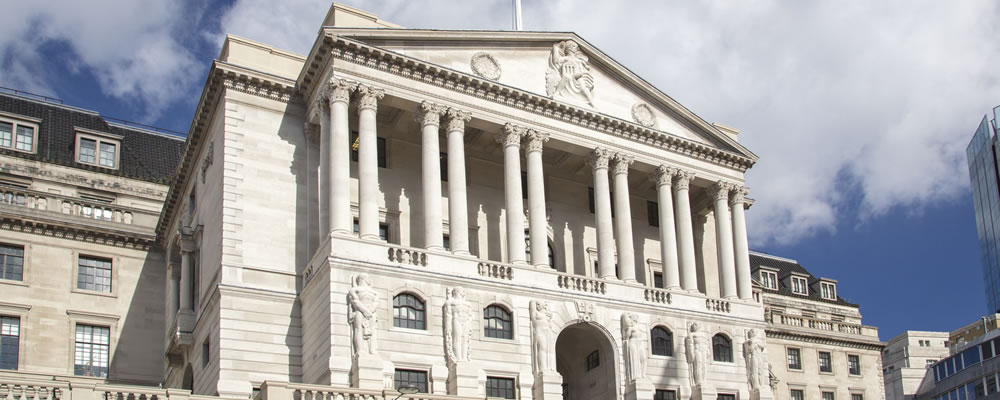Pound to Euro Exchange Rate Gains Limited on UK Inflation and BoE Uncertainty
Central bank speculation has prevented the Pound to Euro (GBP/EUR) exchange rate from holding its best levels so far this week, despite news of breakthroughs in UK-EU Brexit negotiations.
European Central Bank (ECB) dovishness caused GBP/EUR to climb from 1.1253 to 1.1342 last week, but the pair was unable to hold yesterday’s monthly high of 1.1432.
This was due to rumours that the ECB may be discussing the path of Eurozone interest rate hikes after all, as well as concerns that weaker UK inflation had dimmed the chances of a May interest rate hike from the Bank of England (BoE).
Tuesday saw the publication of Britain’s February Consumer Price Index (CPI) results, which fell short of analyst forecasts in every major print.
Month-on-month inflation was predicted to rise from -0.5% to 0.5% but only rose to 0.4%, while the yearly figure slipped from 3% to 2.7% rather than the forecast 2.8%. Core inflation also fell short, sliding to just 2.4%.
The inflation data indicated that the surge in inflation sparked by the Pound’s (GBP) fall since the Brexit vote was beginning to cool. This weighed on market hopes that inflation would be strong enough to support higher UK interest rates.
With Pound investors now highly anticipating the Bank of England’s March policy decision before making more big moves on the currency, Sterling was more mixed on Tuesday.
Euro (EUR) Exchange Rate Strength Mixed on ECB Speculation and Eurozone Confidence
The Euro (EUR) was unable to capitalise on Tuesday’s mixed Sterling movement regardless. Despite speculation that the European Central Bank (ECB) was increasingly debating Eurozone interest rates the shared currency was held back Eurozone confidence data.
ZEW’s March economic sentiment survey stats were published on Tuesday morning and the two most influential prints came in well below market expectations.
Germany’s economic sentiment index plunged from 17.8 to just 5.1, well below the expected 13.1. This was due to concerns about the possibility of a US-sparked global ‘trade war’ hitting German investor confidence.
The Eurozone’s overall economic sentiment index fell for the same reason, from 29.3 to just 13.4 and well below the expected 28.1.
ZEW’s German current conditions figure came in with a slightly better than expected 90.7, but with confidence in the bloc’s outlook shook this had little impact on the Euro.
Pound to Euro (GBP/EUR) Forecast: Central Bank Developments in Focus
Investors won’t have to wait long for the next big Bank of England (BoE) news, as the BoE will hold its March policy decision this coming Thursday.
With UK inflation falling short of expectations, the tone the bank takes on the possibility of a UK interest rate hike in May is likely to have a major impact on the Pound outlook.
If the bank indicates that the pace of UK interest rate hikes is likely to rise regardless of the weaker UK inflation, the Pound will advance towards the end of the week and GBP/EUR is likely to end the week higher.
On the other hand, if the bank focuses on inflation concerns, BoE interest rate hike bets will fall and the Pound will weaken.
While the Euro’s strength could continue to be limited by low market confidence and uncertainty about the possibility of a ‘trade war’, comments from European Central Bank (ECB) officials will continue to drive Euro movement too.
If the bank does not deny that it is discussing the pace of Eurozone interest rate hikes, the shared currency could see firm support as 2019 Eurozone interest rate hike bets rise.
Thursday will see the publication of the Eurozone’s Markit PMI projections for March, which could also influence the Euro.



